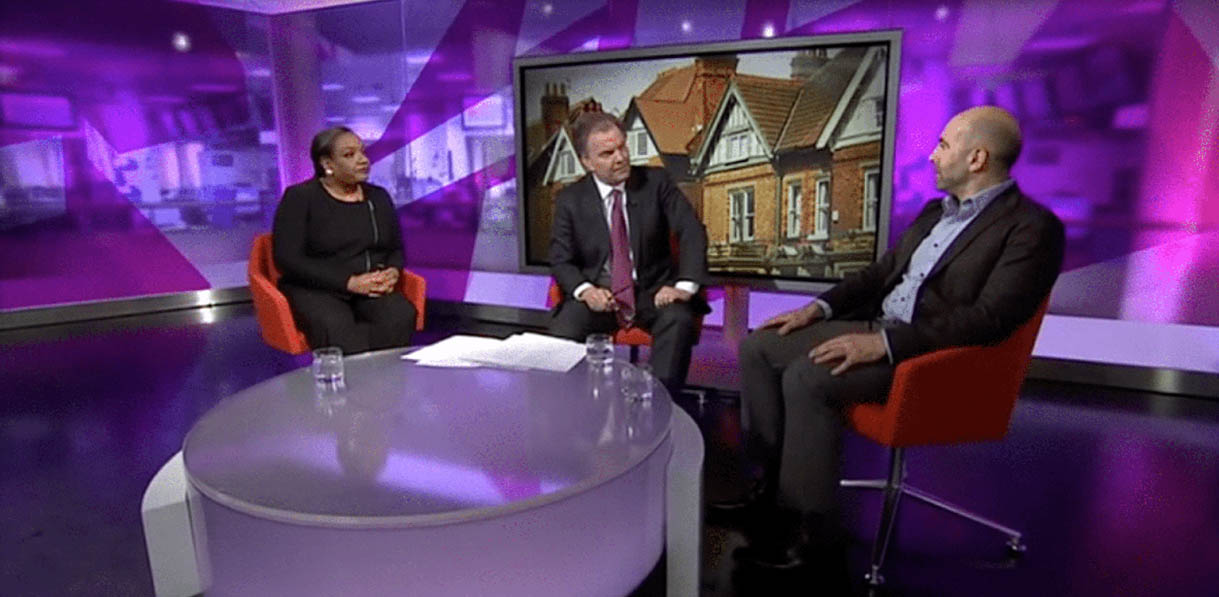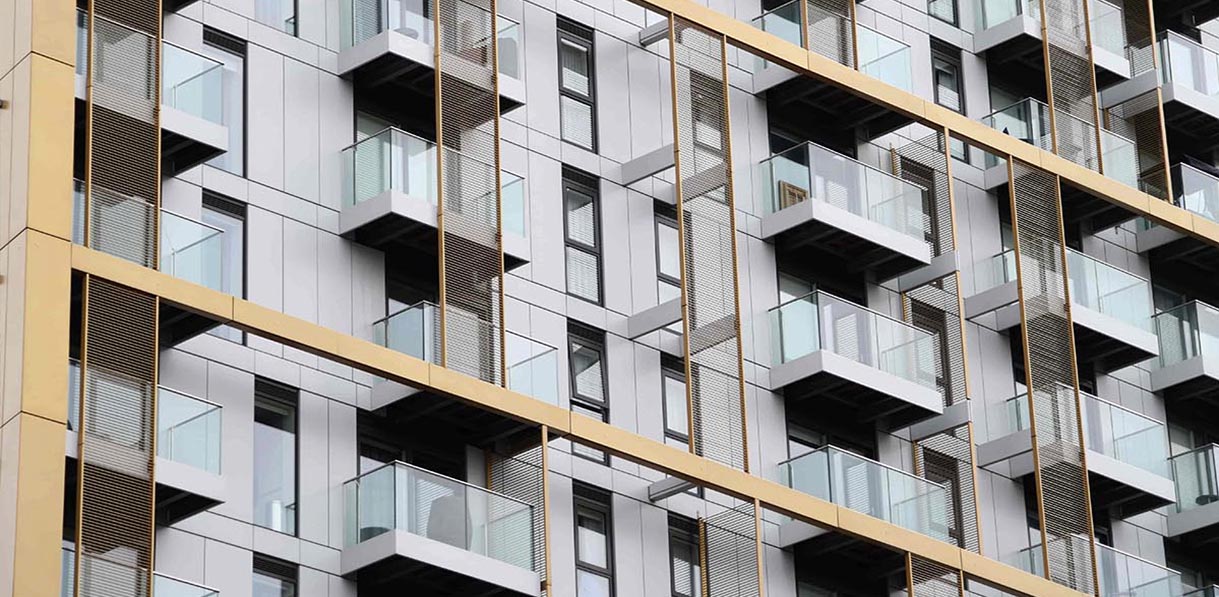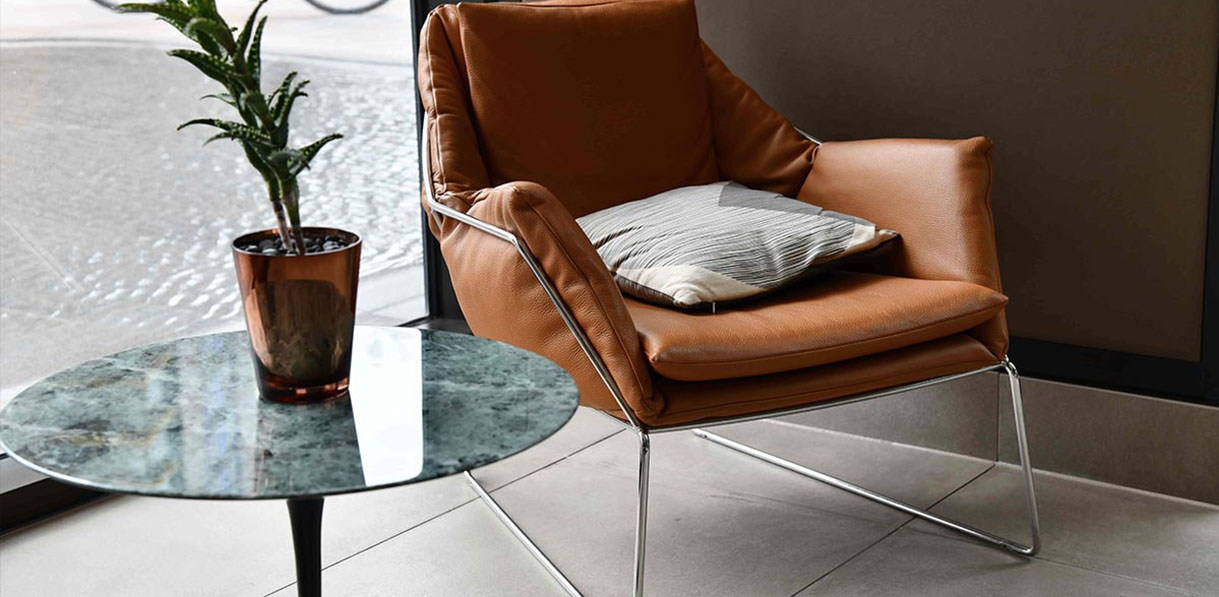 Imagine a perfect world where all properties were freehold. Unfortunately in England, this scenario doesn’t exist. The main advantage of buying freehold is that you have total control – but with that comes all of the maintenance bills of course. I fully appreciate that sometimes we have to buy a leasehold property because the budget we have for a particular location will not stretch to a self contained building on its own plot. Beware of the pitfalls though – here are ten to consider:
Imagine a perfect world where all properties were freehold. Unfortunately in England, this scenario doesn’t exist. The main advantage of buying freehold is that you have total control – but with that comes all of the maintenance bills of course. I fully appreciate that sometimes we have to buy a leasehold property because the budget we have for a particular location will not stretch to a self contained building on its own plot. Beware of the pitfalls though – here are ten to consider:
1. You have to pay a service charge which can be increased from time to time by the freeholder. I hear so many complaints from leaseholders that their freehold is owned by a management company that is greedy and incompetent, causing much long term frustration and animosity.
2. As a leaseholder you will usually have to enter the building and cross communal parts before getting to your front door. There are exceptions – for example some maisonettes. The freeholder is responsible for communal areas and some do a better job at maintaining them than others. You may have to battle your way past bikes and pushchairs, so your flat could come with an element of communal living, which could also be fun and sociable.
3. As the lease gets shorter it will lose value and the cost of renewing it will become more expensive. 80 years is the magic threshold below which you will have to pay ‘marriage value’ to extend it. Make sure you extend it before it gets that short. There are lots of rules governing your rights and the leasehold advisory service can help you.
4. If you want to make any changes to your property the freeholder has to approve and may charge you a fee, plus any costs incurred, for example legal fees. They can also refuse permission, so you may be prevented from extending the property or going into the loft.
5. The freeholder is usually responsible for external repairs like the roof, guttering, external painting, gardens and sometimes windows too. They might be great or terrible at carrying out these responsibilities. They also pay the insurance and charge you a proportion, this is not normally a problem and usually works out good value. There are rules governing who they procure to carry out such services and you have the right to be consulted. I do hear lots of complaints from people about inadequate, expensive, poor quality external works that have been done with far less care than you might have procured.
6. With ex local authority leases, the local authority (or an ALMO – arms length management organisation) often remains the freeholder. Common complaints are that leaseholders receive huge bills for major works, will little control over timing. So you may think you’ve bought a bargain, only to receive a bill a year later for £12,000 towards the replacement of the roof and windows across the whole block. For landlords, these bills eat heavily into profits. Always factor in the cost of the service charge when you are calculating the rental yield.
7. Leaseholders can get together and buy the freehold usually through a limited company. You would then have a share in the company. In certain cases leaseholders have the right to buy the freehold. This can be great, but I do hear stories of other leaseholders being at best idiosyncratic, at worst difficult and penny pinching, which can be very tiresome and make you want to move.
8. You can get cheap flats with short leases with just 20 or 30 years left and then negotiate a lease extension. These tend to appear in auctions. There is a formula for working out the cost and you would need specialist advice. Ultimately the ownership of the leasehold property could revert to the freeholder.
9. There is a dirty side to the property business and a few well known large freeholders are known to be money grabbing ne’er do wells. They buy freeholds with a view to rinsing leaseholders. Make sure you do some research into who the freeholder is and check they don’t fit into this category before buying. Individuals, for example elderly freeholders who bought the freehold for a song 50 year ago can be delightful – or a nightmare to deal with.
10. Some leases have onerous conditions: for example they forbid you to let the property all year round, or you can’t strip the floors, or there are restrictions on pets. They may charge you a fee to let the property and you may have to inform them each time there is a change in the tenancy.
If you do buy leasehold, the ideal scenario is to buy one that is not onerous: so a nice freeholder with a low service charge and perhaps just 2 or 3 flats in the block. A period conversion street property where the freehold is owned by the local authority is a good example.








